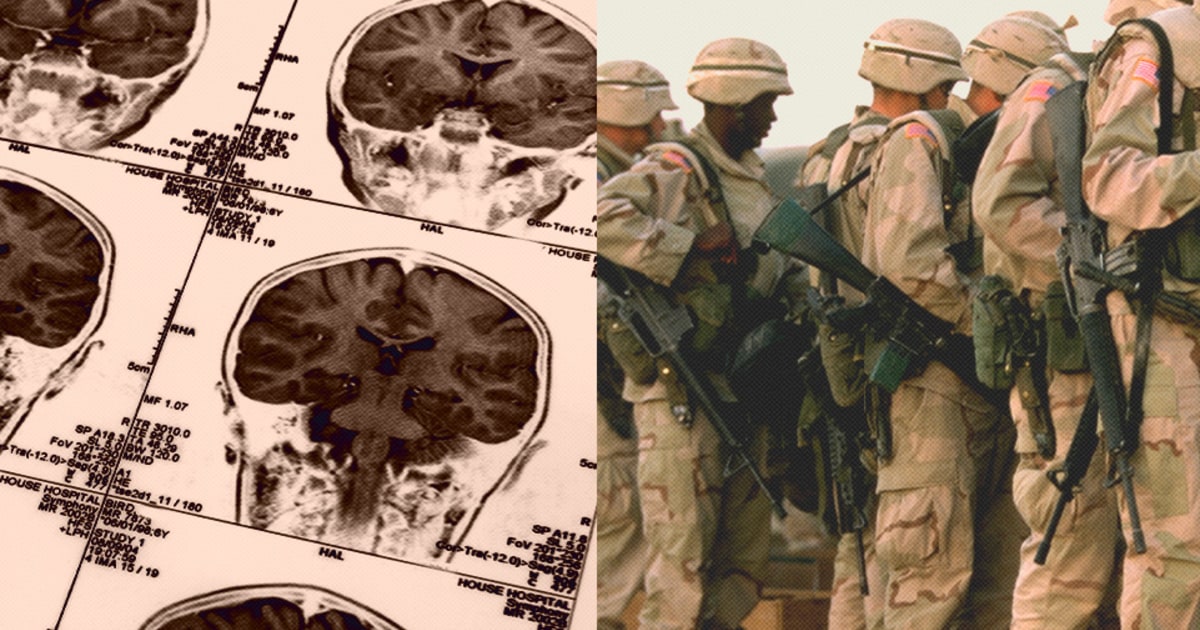“We’re really at an infant stage in terms of our clinical ability to assess traumatic brain injury,” a medical expert said.
Before he ended his life, Ryan Larkin made his family promise to donate his brain to science.
The 29-year-old Navy SEAL was convinced years of exposure to blasts had badly damaged his brain, despite doctors telling him otherwise. He had downloaded dozens of research papers on traumatic brain injury out of frustration that no one was taking him seriously, his father said.
“He knew,” Frank Larkin said. “I’ve grown to understand that he was out to prove that he was hurt, and he wasn’t crazy.”
In 2017, a postmortem study found that Ryan Larkin, a combat medic and instructor who taught SEALs how to breach buildings with explosives, had a pattern of brain scarring unique to service members who’ve endured repeated explosions.



I was once almost killed by a doctor who wouldn’t believe me when I said I thought I had pulmonary embolism and sent me home without treatment, saying to “not use Google to diagnose myself”.
I’d be dead today had I not returned to see another doctor the next day.
I think if you name a suspected medical condition at the admission they are far less likely to believe you.